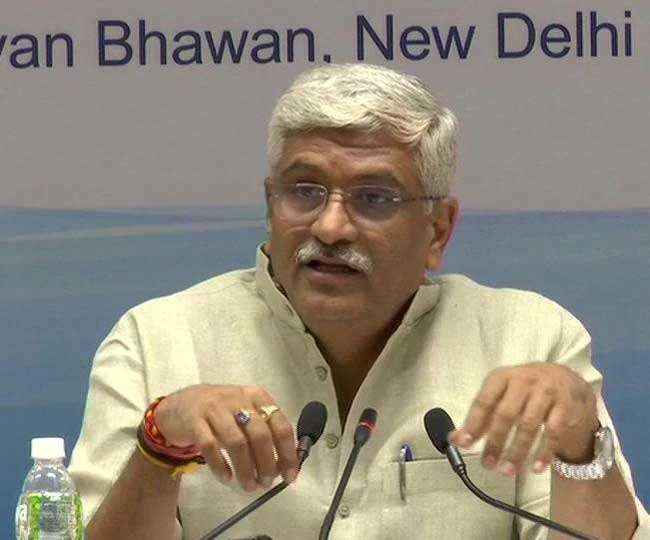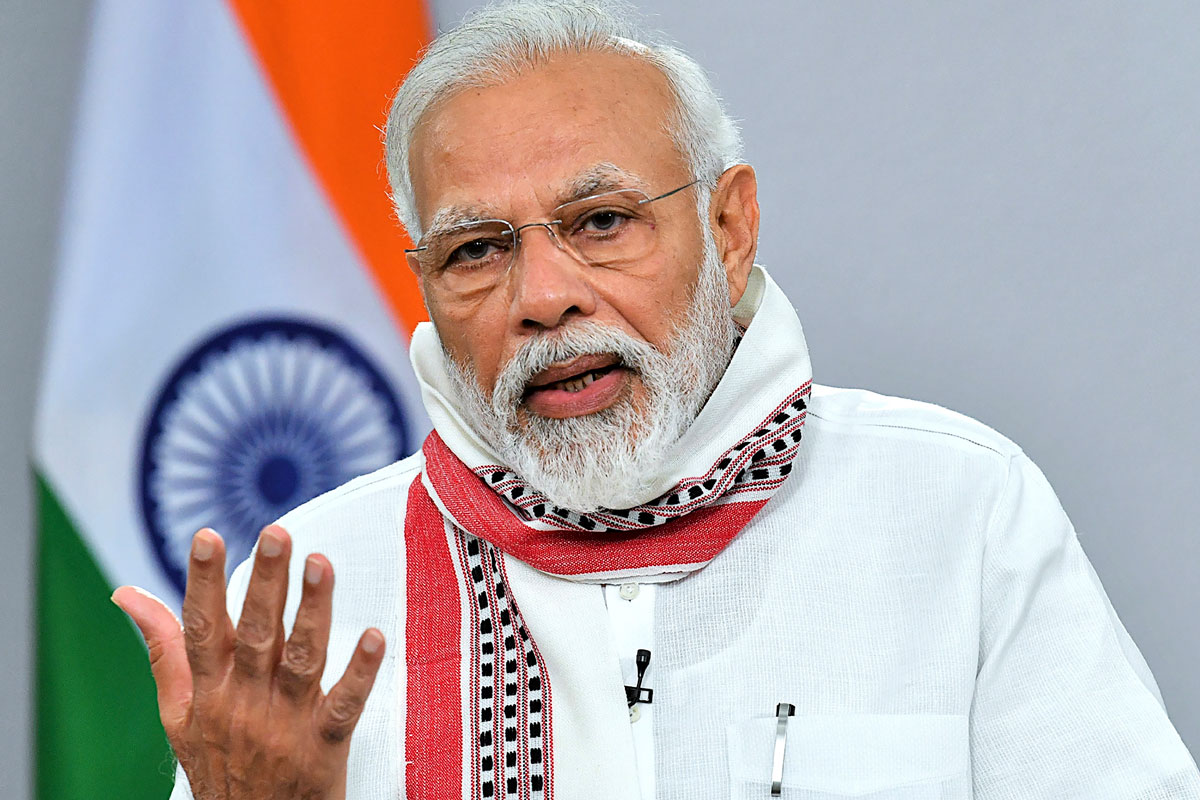
Union Minister of Jal Shakti, Shri Gajendra Singh Shekhawat, in his letter to Chief Minister of Mizoram, has expressed his concerns over the slow progress of Jal Jeevan Mission (JJM) in the State. After announced by Prime Minister Shri Narendra Modi in his last Independence Day speech, States are implementing JJM, which aims to provide potable drinking water to every rural household through Functional Household Tap Connections (FHTCs) by 2024. This Mission is a tool to provide security and dignity to rural women especially girls.
While stressing on the need for proper planning to be done to achieve the goal of JJM within the time frame with focus on retrofitting/ augmentation of existing water supply systems to provide tap connections to remaining households, the Jal Shakti Minister urged the CM to focus on taking up works immediately in a ‘campaign mode’ in 655 villages in the State reported to have existing piped water supply schemes. Priority is to be given to saturation of villages in aspirational districts, SC/ ST dominant villages/ habitations and villages covered under Sansad Adarsh Gram Yojana.
Shri Shekhawat mentioned that under Jal Jeevan Mission funds are provided by Government of India based on the output in terms of household tap connections provided and the utilization of available funds. Against the target of providing tap connections to 23,525 households in the year 2019-20, 15,878 tap connections were provided. Mizoram was allocated ₹ 39.87 Crore in 2019-20 and with performance grant, total ₹ 68.05 Crore was released, out of which the State could only spend ₹ 37.41 Crore, leaving an unspent balance of ₹ 30.78 Crore. The allocation for Mizoram has been increased to ₹ 79.30 Crore in 2020-21, and with opening balance of ₹ 30.78 Crore, Mizoram has assured availability of Rs. 110.08 Crore of Central fund. With matching State share, the State will have ₹ 122.30 Crore during 2020-21 for implementation of JJM. The central minister stressed that providing potable water to every rural household is a national priority and the State should make efforts to accomplish the goal in time-bound manner.
Emphasizing on the importance of water sources for long-term sustainability of water supply systems, Union Minister advised for strengthening of existing drinking water sources for long-term sustainability of drinking water supply systems. The planning should be done at village level and Village Action Plan (VAP) of every village is to be prepared by dovetailing all available resources by convergence of different programmes viz. MGNREGS, SBM, 15th Finance Commission Grants to PRIs, CAMPA funds, District Mineral Development Fund, Local Area Development Funds, etc. It has been further emphasized that local village community/ Gram Panchayats and/or user groups need to be involved in planning, implementation, management, operation and maintenance of water supply systems in villages to ensure long-term sustainability to achieve drinking water security. In all villages, IEC campaign along with community mobilization needs to be taken up to make Jal Jeevan Mission, truly a people’s movement.
In 2020-21, Mizoram has been allocated ₹ 93 Crore as 15th Finance Commission Grants to PRIs and 50% of this amount is mandatorily to be utilized for water supply & sanitation. Funds provided under Swachh Bharat Mission (G) are to be utilized for grey water treatment and reuse works.
In the wake of Covid–19 pandemic, it is important that people don’t crowd public stand-posts/public water sources. Mizoram CM has been requested to take up water supply works in all villages to provide household tap connections, which will help in practicing social distancing, and will additionally help villagers in getting employment and boost rural economy.
Minister of Jal Shakti assured Mizoram CM of his full support to make the State a ‘100% FHTCs State’ by December, 2022 and intends to discuss the planning and implementation of JJM with the CM through video conferencing soon
";

.jpg)